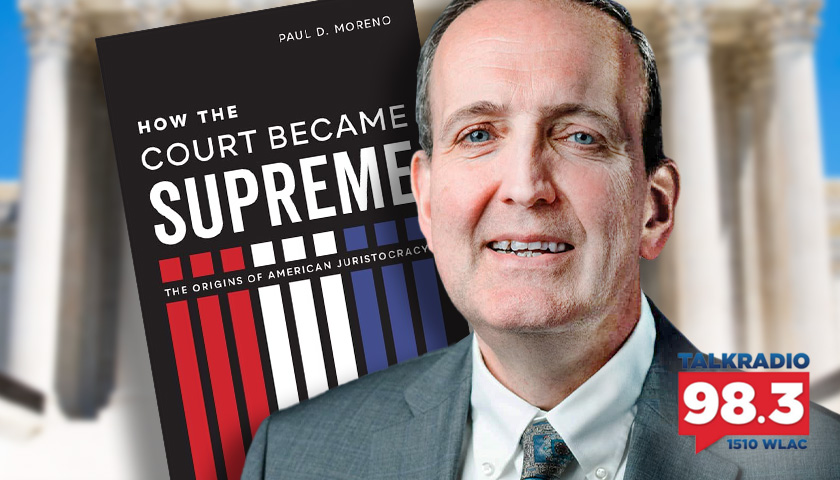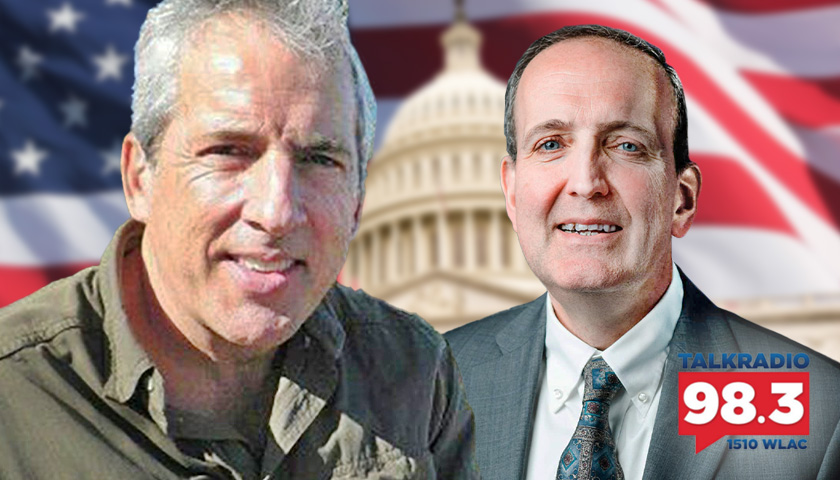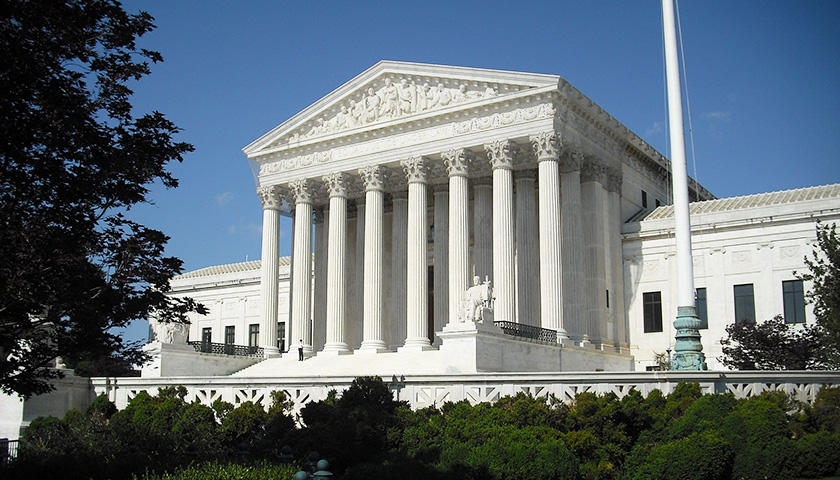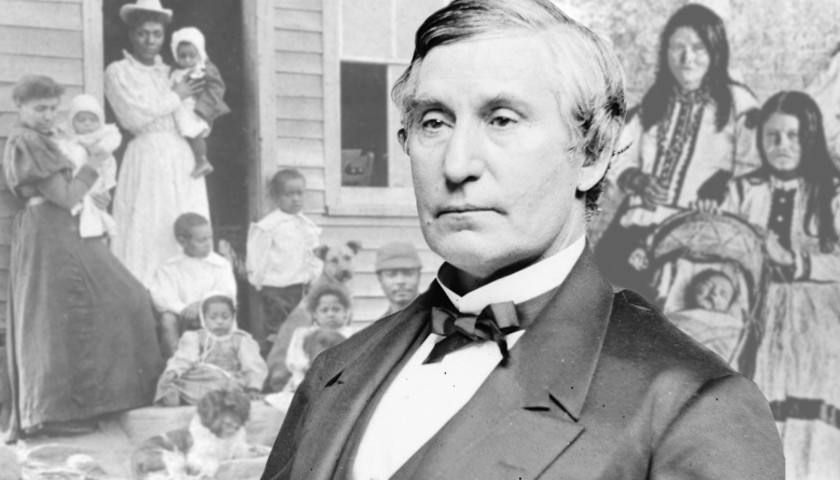Monday morning on The Tennessee Star Report, host Leahy welcomed Hillsdale Professor of History and author of his new book, How the Court Became Supreme to the newsmaker line to discuss his book and comment upon important markers that encouraged the Supreme Court as sovereign.
Read the full storyTag: Judicial Branch
Retired Attorney Mark Pulliam Hails Professor Moreno’s Latest Book as ‘The Boldest Statement of Constitutional Law’ in Three Decades
Monday morning on The Tennessee Star Report, host Leahy welcomed Misrule of law blog creator and retired attorney, Mark Pulliam to the newsmaker line to give a sneak peek of Hillsdale Professor Paul Moreno’s latest book entitled How the Court Became Supreme.
Read the full storyPoll: Trust in Federal Courts Plummets in 2022
Trust in the judicial branch of the federal government has fallen by 20% since 2021, according to a new poll released by Gallup on Thursday.
The poll showed that only 47 % of respondents expressed “a great deal” or “a fair amount” of trust in the judicial branch, which includes the Supreme Court, 12 Circuit Courts of Appeal and 94 U.S. District Courts. It is the lowest trust score in the judiciary since Gallup began polling the question in 1972.
Read the full storyGovernor Lamont Announces Slew of Judicial Nominations
Connecticut Governor Ned Lamont on Wednesday announced a slew of new judicial nominations, including one to fill a future vacancy on the state’s Supreme Court.
In total, Lamont nominated 13 individuals to the judicial branch, ranging from the Supreme Court seat to the Connecticut Superior Court.
Read the full storyCommentary: President Trump and the Republicans’ Lasting Legacy in the Judiciary
One of the effects of the Senate impeachment’s abrupt conclusion in President Donald Trump’s favor is that the Republican Senate can get right on with the business of confirming constitutionalists to federal court, of which Trump recently touted 191 having been confirmed.
Read the full storyWhat The United States Constitution Really Says About ‘Birthright Citizenship’
In Section 1 of its 14th Amendment, the U.S. Constitution reads in pertinent part: “All persons born or naturalized in the United States, and subject to the jurisdiction thereof, are citizens of the United States and of the State wherein they reside.” Proposed by Congress in 1866 — and deemed by a procedurally-rare subsequent vote of Congress to have been validly ratified by the sufficient number of state legislatures in 1868 — the 14th Amendment is among the Constitution’s lengthiest and it touches upon a number of different topics each of which could stand alone. Authorship of the above-quoted words has been attributed to United States Senator Jacob Howard of Michigan. This particular provision of the 14th Amendment is generally acknowledged to overturn the decision of the U.S. Supreme Court in the now-infamous 1857 case of Dred Scott v. Sandford in which it had been determined that African-Americans born in the United States — to parents likewise born within the United States — could not be deemed to be American citizens. Often overlooked by persons professing to be in-the-know about the 14th Amendment, and what it does — or does not — convey about birth citizenship are the key words…
Read the full story





